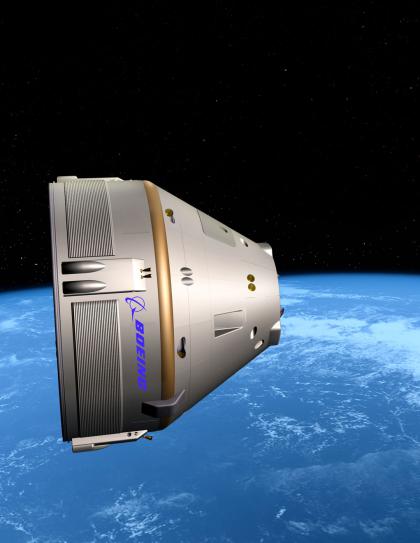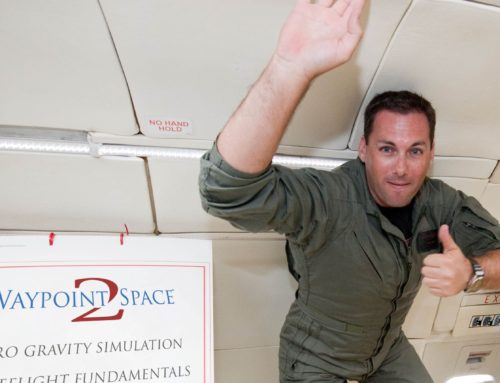The three firms competing to become NASA’s post-shuttle provider of astronaut transportation services under the agency’s Commercial Crew Program reported different impacts from an ongoing partial government shutdown that has furloughed NASA civil servants authorized to pay these companies for completing development milestones.
Boeing Space Exploration of Houston; Sierra Nevada Space Systems of Louisville, Colo.; and Space Exploration Technologies Corp. (SpaceX) of Hawthorne, Calif., are all working on crewed systems to ferry NASA astronauts to and from the international space station as soon as 2017. Last year, NASA split $1.2 billion among the three, which began development work under Commercial Crew Integrated Capability (CCiCap) agreements that provide tranches of government funding whenever the companies complete negotiated development milestones.
Boeing, which is developing its CST-100 capsule under a $460 million Space Act Agreement, was not scheduled to be paid for a milestone in October, company spokeswoman Kelly George told SpaceNews in an Oct. 9 email.
“There was a NASA amendment to the Space Act Agreement milestones made in a change memo … in August,” George wrote in her email. The amendment moved two CST-100 milestones, an Emergency Detection System Standalone Testing milestone worth $13.8 million and a Spacecraft Primary Structures Critical Design Review worth $8.6 million, from October to December and January, respectively.
At SpaceX, which had a $50 million safety review scheduled for October, a company spokeswoman said the lack of government funding due to the shutdown would be easier to cope with than the loss of NASA personnel who have been furloughed and would otherwise have provided technical insight for SpaceX designers working on the Dragon spacecraft the company hopes NASA will select for astronaut carriage.
“Any financial impact from the government shutdown is manageable on our end,” SpaceX spokeswoman Emily Shanklin told SpaceNews in an Oct. 9 email. “We are in a good place with respect to the October milestone, but an extended government shutdown prevents the day-to-day interactions with our NASA counterparts that keep the program moving forward.”
SpaceX’s CCiCap award is worth $440 million.
Meanwhile, Sierra Nevada, which with its $212.5 million Space Act Agreement holds the smallest of the three CCiCap awards, has hit a literal wall in its test program because of the shutdown. A full-scale test article of the company’s Dream Chaser lifting-body spacecraft is locked up and inaccessible at NASA Dryden Flight Research Center inside Edwards Air Force Base in California.
Sierra Nevada had been planning a series of captive-carry flights using a Sikorsky Skycrane helicopter, including an automated descent and landing onto a runway at Edwards. The company successfully completed a captive-carry test in August, but had planned up to five more flights as part of a $15 million milestone in its CCiCap deal with NASA.
However, there will be “no real program consequence other than we’ll have to fly a little later,” Mark Sirangelo, vice president of Sierra Nevada Space Systems, wrote in an Oct. 4 email.
With the shutdown on, the Dream Chaser team “has been moved to other needed work,” Sirangelo wrote. “We are ready to continue flight test
Sierra Nevada is already running late with this milestone, which was supposed to have been completed in April. Ed Mango, manager of NASA’s Commercial Crew Program, has said Sierra Nevada will not necessarily miss out on funding for completing the flight-test milestone months late.
“They will get paid when the meet the criteria,” Mango told SpaceNews in June. “There is no ‘penalty’ for being delayed. The penalty, if there was one, is that if they take longer to meet that milestone, and if there are any additional costs that they have to incur to meet that milestone, that is on their back. That’s why Space Act Agreements … are really appropriate in this type of environment for the government.”
By Dan Leone
To see the original article click HERE


